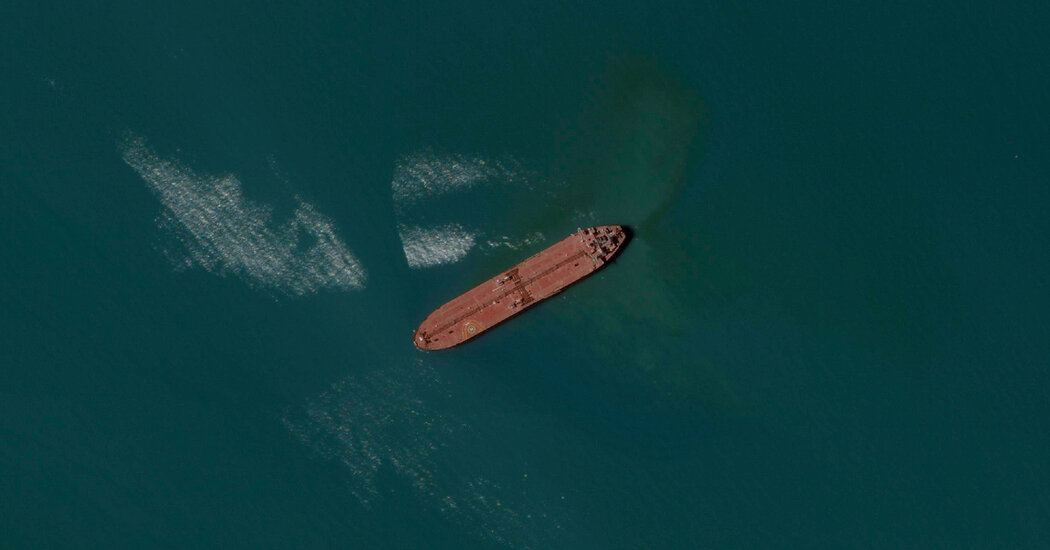
Oil markets shrugged off rising tensions in the Middle East after Iran launched a barrage of missiles and drones at Israel over the weekend. Prices of international benchmark Brent crude oil fell about 1% to $89.49 a barrel on Monday morning.
So far there has been relief because the long-awaited attack caused little damage and had no effect on supplies. Oil prices had already risen substantially in the days before the assault, surpassing the symbolic level of $90 a barrel last week.
There is a sense in the market that prices are higher than would be justified based on supply and demand fundamentals. In a note after Saturday's Iranian assault, Goldman Sachs estimated this risk premium at between $5 and $10 a barrel.
Rystad Energy, a consultancy, calculates that, based on fundamentals, Brent should sell for $84 a barrel.
Essentially, markets appear to be waiting to see what happens next. Iran appears to want to put an end to this particular episode for now, while Israel is pondering its response.
The big concern is that if the conflict escalates, Iran, which occupies a strategic position on shipping lanes from the Persian Gulf, could resort to “attacking oil tankers, pipelines and critical energy infrastructure,” said Helima Croft, an analyst at RBC Capital Markets. , an investment bank.
